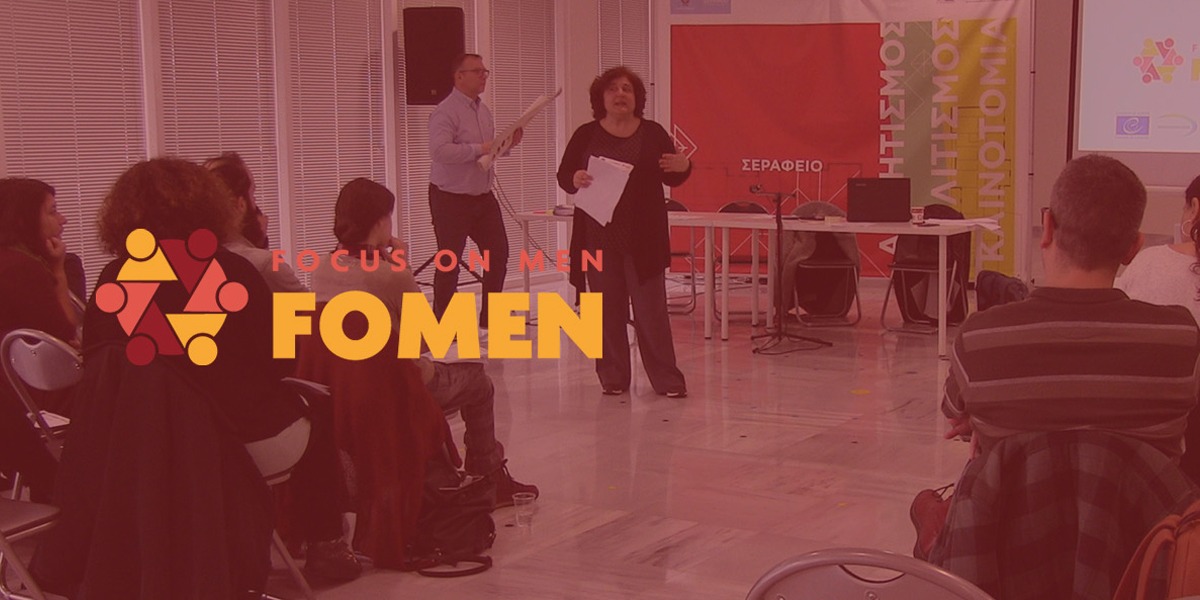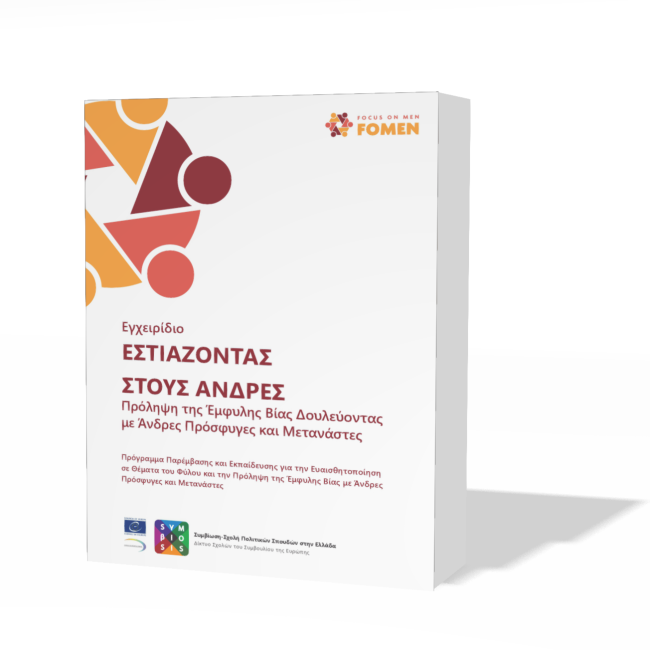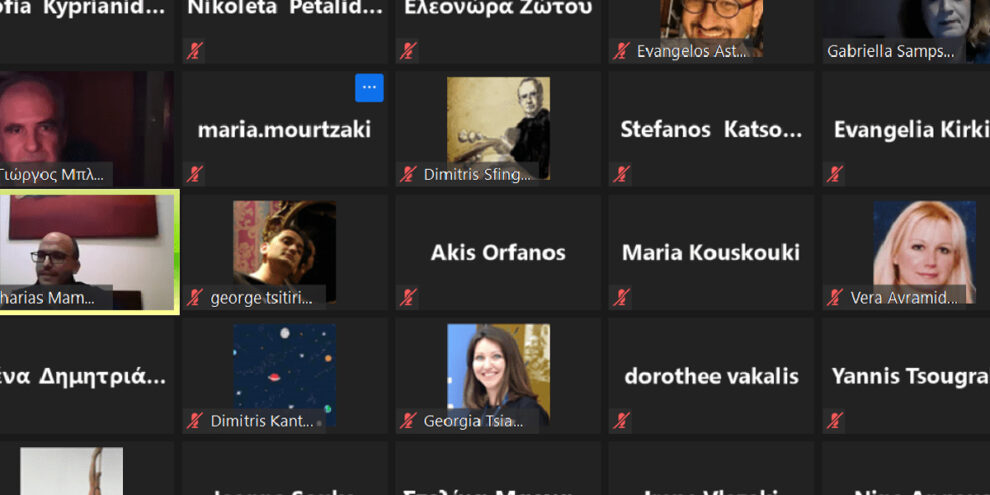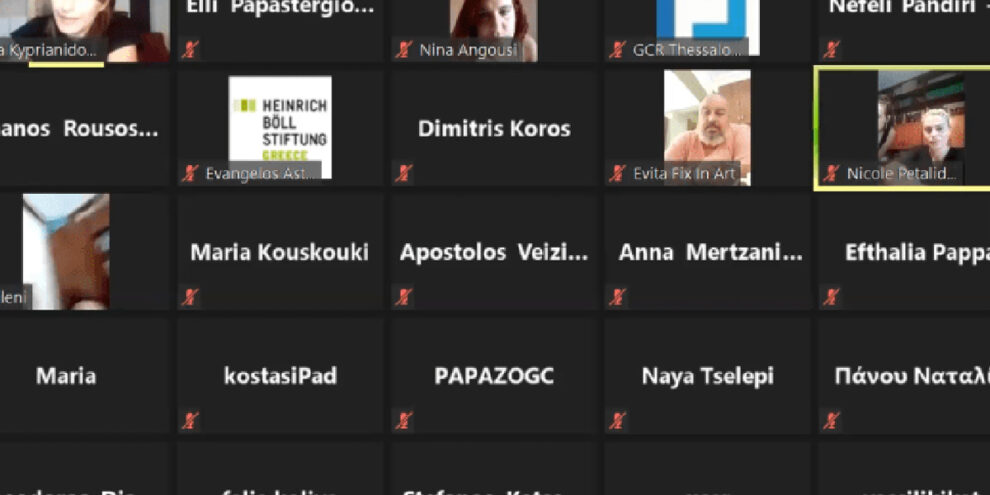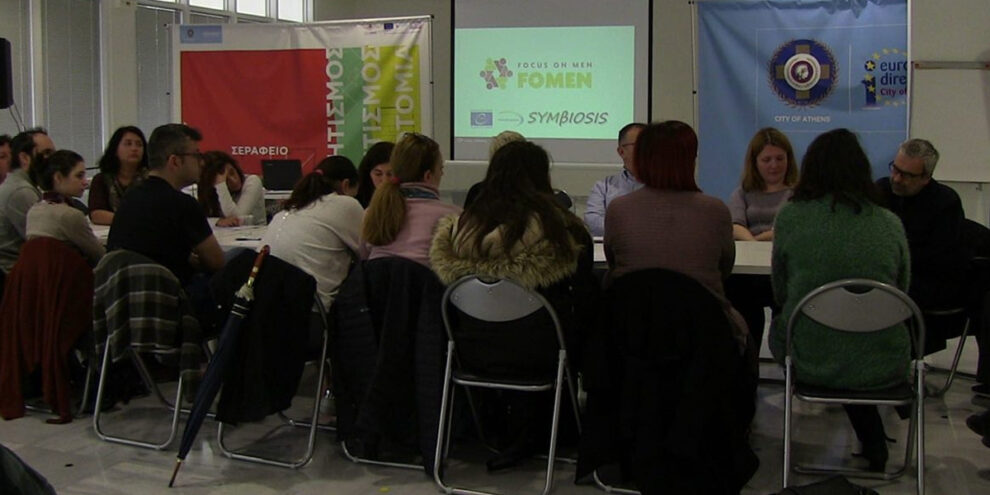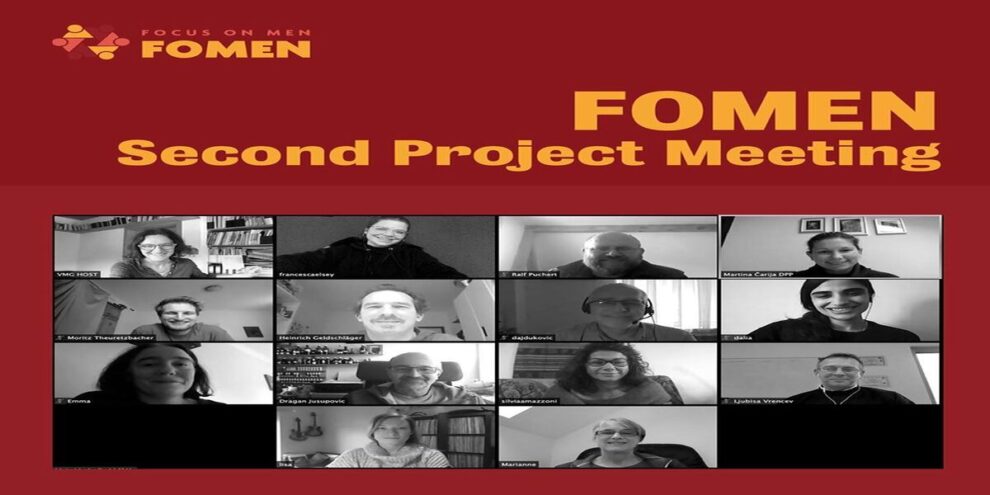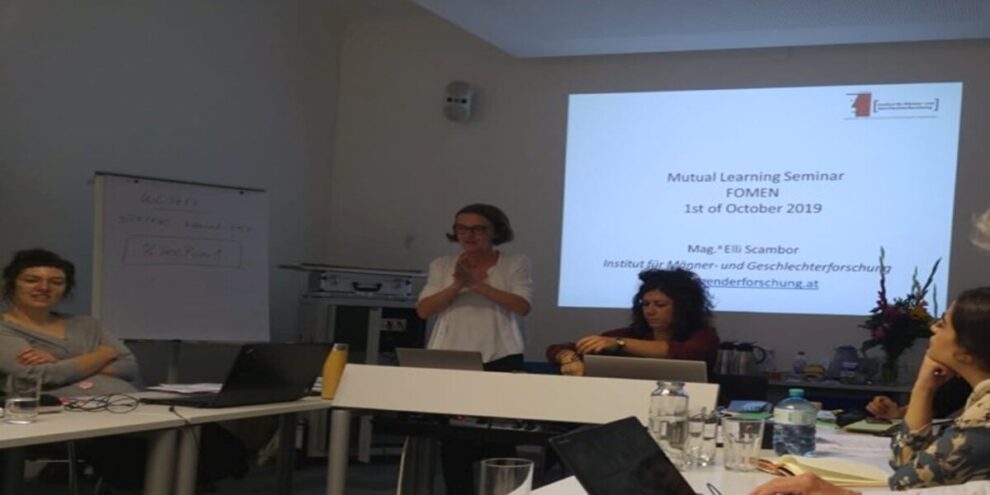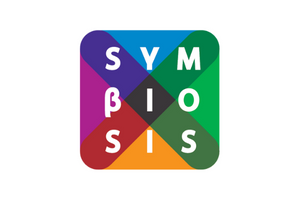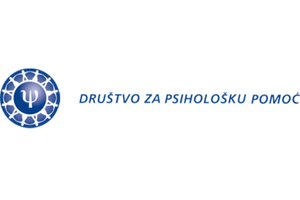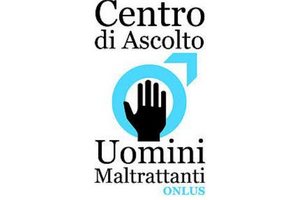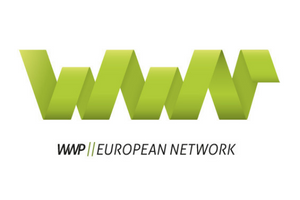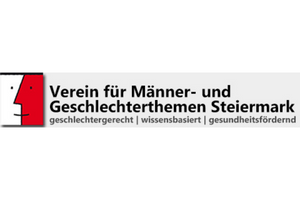Objectives
Results
- Improvement of health and well-being of victims of gender-based violence through a greater awareness of: how to handle emotions and build social relations; gender equality; women’s and children’s rights.
- Learning through shared experiences.
- Strengthening the process of social inclusion and cohesion in the EU.
- Effective violence prevention among the marginalised, but highly important, group of male migrants and refugees.
- An exchange of best practice approaches in gender-reflective violence prevention.
- Direct interaction with 180-240 male migrants and an influence on the social environments of the participating men.
- A critical reflection of traditional men’s roles.
- Authorities involved in FOMEN will gain deeper knowledge, recent data, learn new approaches and methods of intervention and deepen their field related networks.
- Contributing to an academic understanding of intersectionality and gender-based violence as well as providing new data on the matter.

